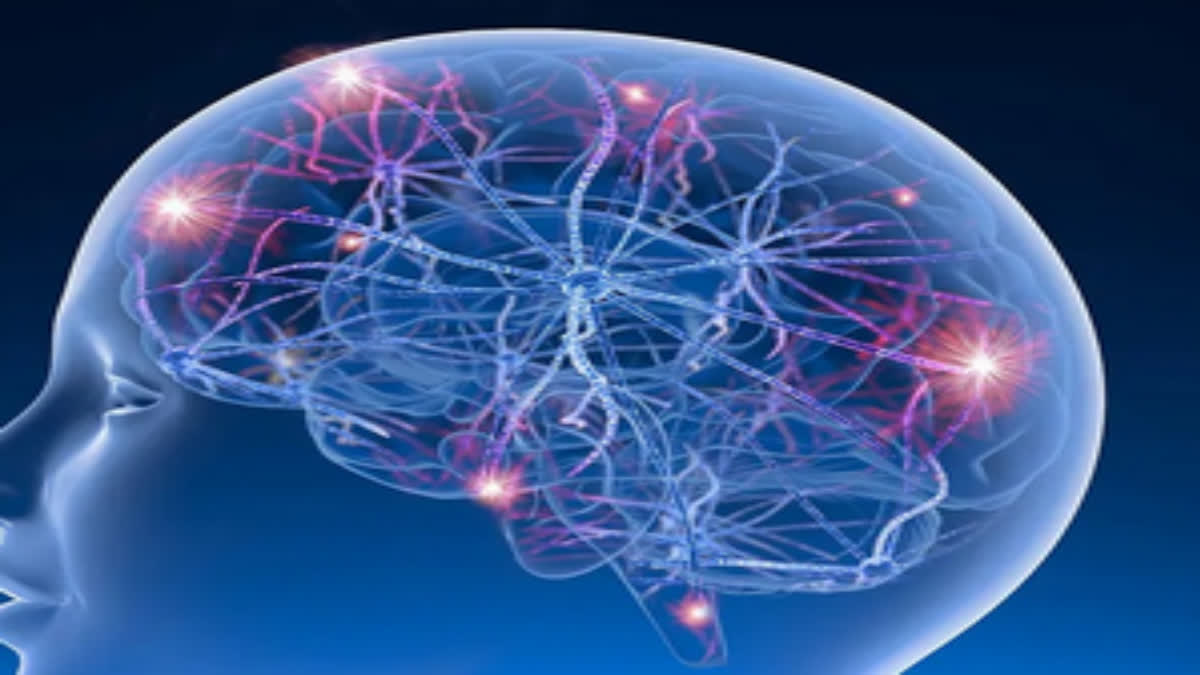New York: While waking up all night can exhaust you both mentally and physically, an interesting study claims that it can lift your mood for days.
In a new study, neurobiologists Northwestern University in the US induced mild, acute sleep deprivation in mice and then examined their behaviours and brain activity.
Not only did dopamine release increase during the acute sleep loss period, synaptic plasticity also was enhanced -- literally rewiring the brain to maintain the bubbly mood for the next few days. The new findings, published online in the journal Neuron, could help researchers better understand how mood states transition naturally.
It also could lead to a more complete understanding of how fast-acting antidepressants (like ketamine) work and help researchers identify previously unknown targets for new antidepressant medications.
"Chronic sleep loss is well studied, and it's uniformly detrimental effects are widely documented," said Professor Yevgenia Kozorovitskiy at the varsity. "But brief sleep loss -- like the equivalent of a student pulling an all-nighter before an exam -- is less understood.
"We found that sleep loss induces a potent antidepressant effect and rewires the brain. This is an important reminder of how our casual activities, such as a sleepless night, can fundamentally alter the brain in as little as a few hours," Kozorovitskiy added.
In the research, the team developed a new experiment to induce acute sleep loss in mice that did not have genetic predispositions related to human mood disorders.
